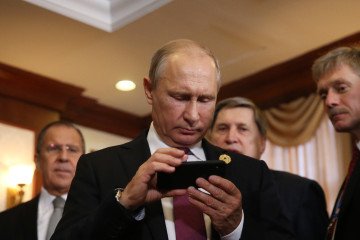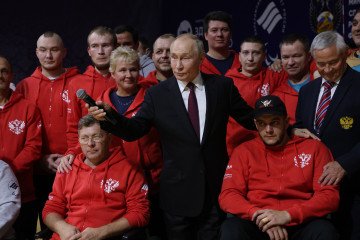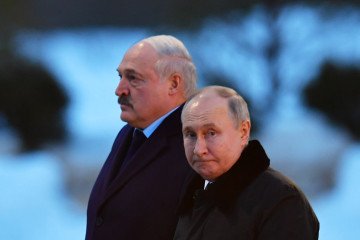- Category
- Latest news
Ukraine Launches Joint Arms Production With Allies Amid Record Military Aid
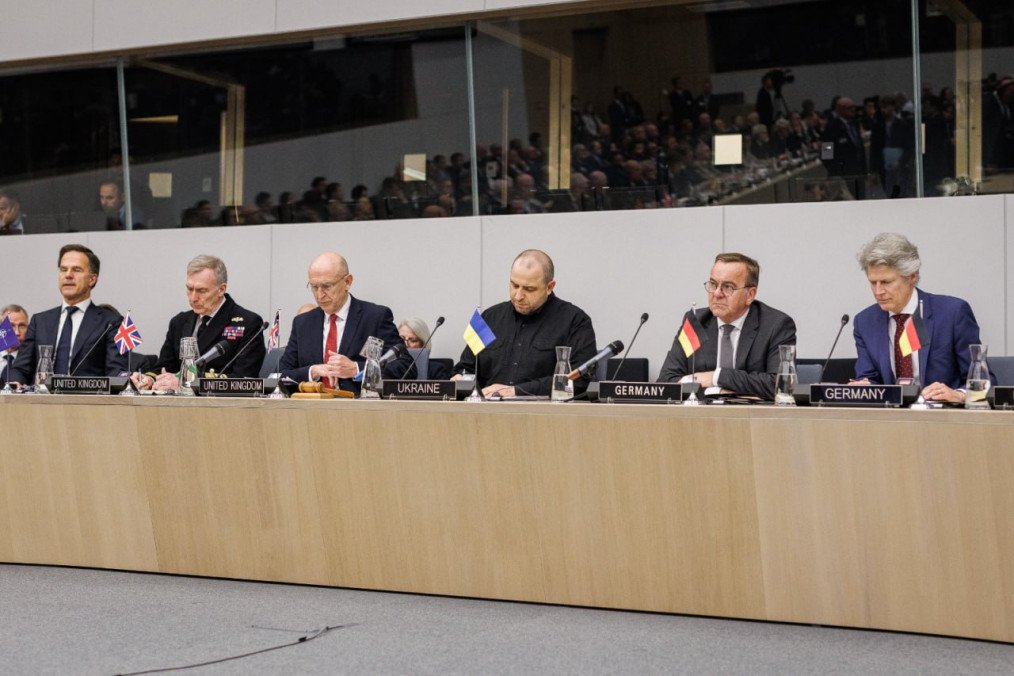
At the 28th meeting of the Ukraine Defense Contact Group held in the Ramstein format on June 4th, Ukrainian Defense Minister Rustem Umerov announced a groundbreaking initiative to jointly produce Ukrainian weapons in allied countries. This move comes amid continued strong international support as Ukraine faces Russia’s ongoing full-scale war.
“Following today’s meeting, we are launching a new and important initiative for joint production of Ukrainian arms in Ramstein countries to meet Ukraine’s defense needs,” Umerov said.
He emphasized that several key partners who provide billion-dollar military aid have offered to build factories abroad to manufacture modern Ukrainian weapons under official licenses.
“Our priority remains clear: the immediate needs of Ukraine’s Armed Forces. All weapons produced in these facilities will be supplied exclusively to the Ukrainian military for the duration of the war,” Umerov added. “Partners have pledged to fully finance these efforts and even provide additional funding.”
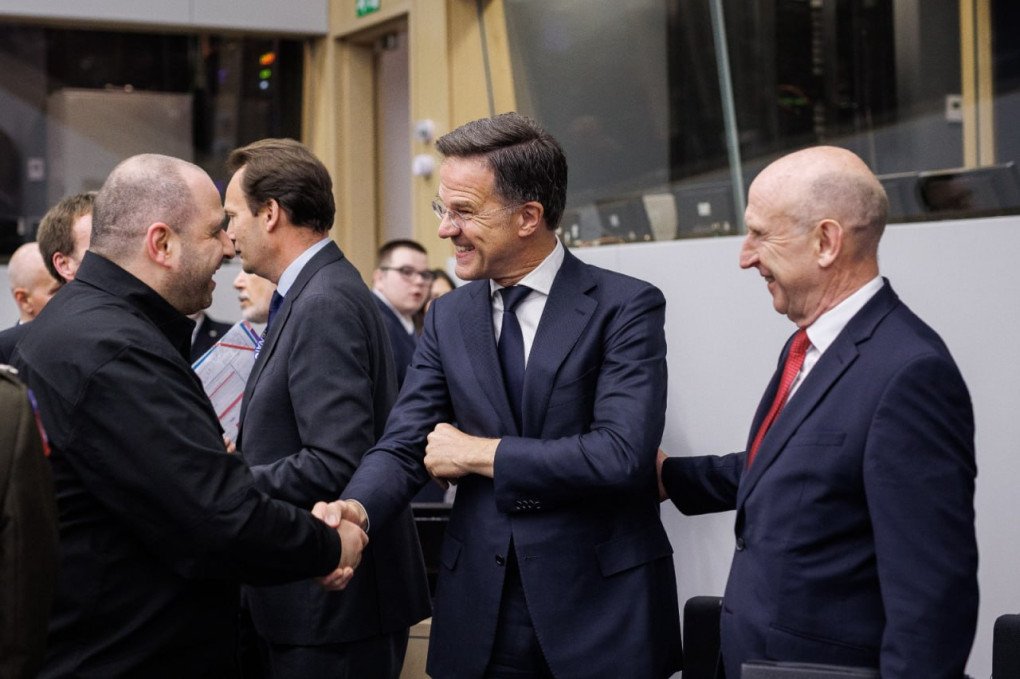
The initiative represents a strategic breakthrough in strengthening Ukraine’s defense capabilities by expanding production of drones, missiles, ammunition, electronic warfare systems, and more. Umerov expressed hope for support from the European SAFE program, which allocates €150 billion (approx. $163 billion) for defense industry development.
According to Umerov, progress is already underway, with a Western European company announcing plans to produce modern missiles in Ukraine to target Shahed drones, while the United Kingdom will co-produce LMM missiles and launchers with the country.
Additionally, German defense firm Rheinmetall is building Lynx combat vehicles on Ukrainian soil, and Ukrainian factories have begun producing ammunition under licenses from Norwegian and Finnish company Nammo.
Leading defense companies SAAB (Sweden), Kongsberg (Norway), KNDS (France-Germany), FFG (Germany), and Raytheon (USA) are expanding their presence in Ukraine.
“This is a mutually beneficial partnership,” Umerov noted. “Ukraine’s defense industry gains access to foreign funding, advanced technology, and production capacity, while our partners strengthen their own industrial base and support Ukraine’s fight for freedom. Together, we are shaping the future of defense for the free world.”
The Ramstein meeting also highlighted the sustained and growing commitment of international allies to support Ukraine’s defense against Russia’s ongoing war:
United Kingdom: Pledged a record £350 million (approx. $445 million) for drone supply, aiming to deliver 100,000 drones to Ukraine in 2025. Total UK military support will reach £4.5 billion (approx. $5.74 billion), including £247 million (approx. $315 million) for training Ukrainian troops.
Germany: Approved a new €5 billion (approx. $5.4 billion) military aid package, already ratified by the Bundestag. This includes funding for long-range weapons to be produced in Ukraine, and the transfer of air defense systems, weapons, and ammunition.
Netherlands: Announced a €400 million (approx. $432 million) package, including an anti-mine ship, patrol boats, and maritime drones.
Belgium: Launched a long-term initiative, committing to provide €1 billion annually (approx. $1.08 billion) in aid through 2029. The 2025 support includes the provision of an anti-mine ship.
Norway: Pledged $700 million for drone procurement and support for Ukraine’s defense industry, along with an additional $50 million to the NATO-Ukraine (NSATU) Trust Fund.
Canada: Committed $45 million for drones, electronic warfare equipment, IT solutions, and armored vehicles like the Coyote and Bison.
Sweden: Announced a contribution of €440 million (approx. $475 million) to international programs supplying artillery ammunition, drones, and other military equipment to Ukraine.
Defense Minister Umerov expressed deep gratitude to all supporting countries and thanked ministers Healy and Pistorius for organizing the meeting. He stressed that peace in Ukraine must be just, lasting, and sustained through international unity:
“Together, we continue working toward this goal.”
On the same day, US President Donald Trump confirmed a phone call with Russian leader Vladimir Putin, calling it “a good conversation,” but “not a conversation that will lead to immediate peace.” They discussed Ukraine’s recent attack on Russian docked airplanes and other ongoing incidents. Putin reportedly responded firmly, saying he “will have to respond to the recent attack on the airfields.”



